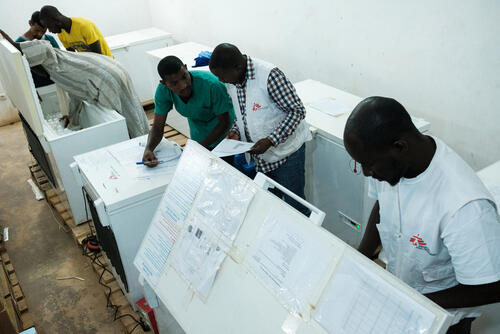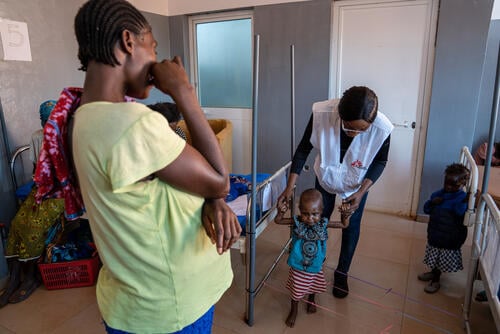
Angola
After handing over our medical activities to the Angolan Ministry of Health, MSF left Angola in August 2023.
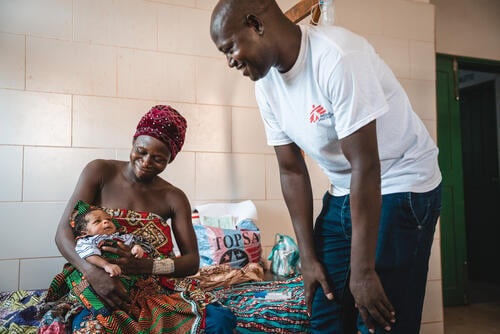
Benin
Learn about MSF's activities in Benin.
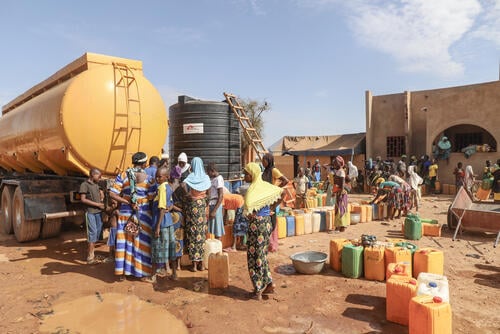
Burkina Faso
MSF is providing people affected by insecurity with essential services.
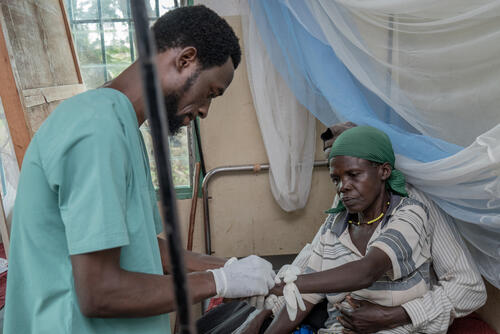
Burundi
MSF is responding to malaria in five districts of Burundi.
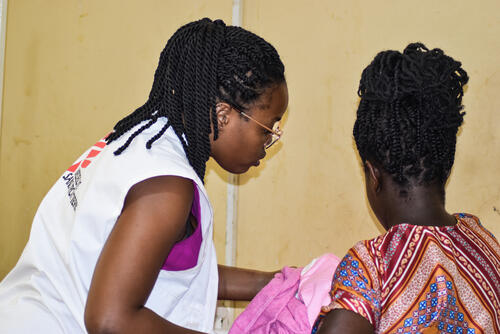
Cameroon
MSF is working in the Far North and Centre regions of Cameroon.
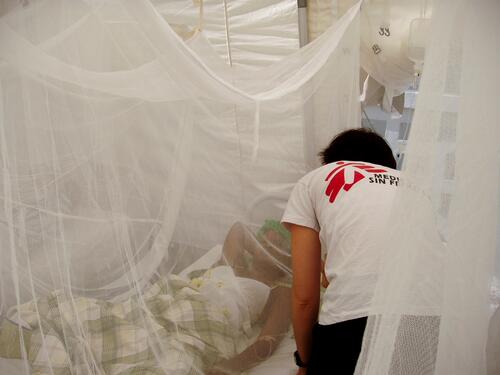
Cape Verde
MSF worked in Cape Verde following a dengue fever outbreak in 2009.
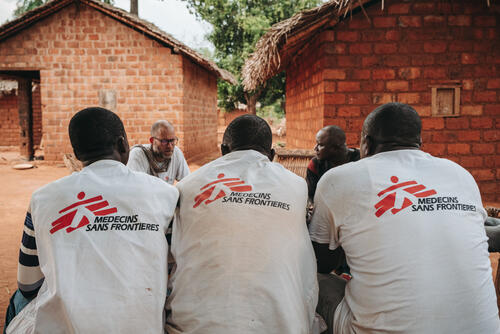
Central African Republic
Learn about our medical humanitarian work in the Central African Republic, where years of intense violence have resulted in thousands being killed or wounded and millions being displaced, severely restricting access to medical care, food, water and shelter.
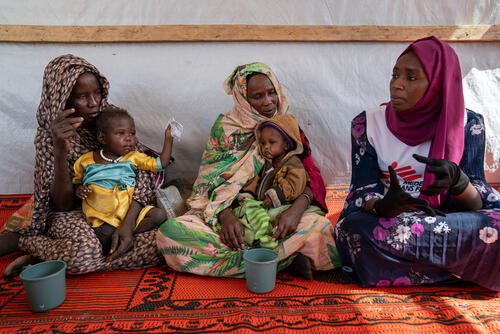
Chad
Since 2015, thousands of people in the Lake Chad region have been forced to flee their homes as a result of violent clashes between armed groups and Chadian military forces.
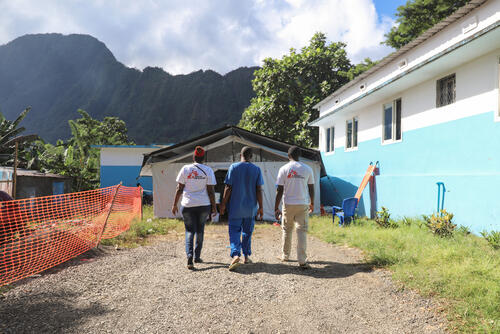
Comoros
MSF responded to a cholera outbreak in Comoros in 2024.
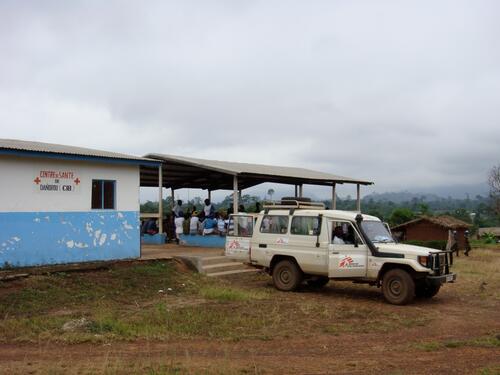
Côte d'Ivoire
MSF is increasing access to specialised care.
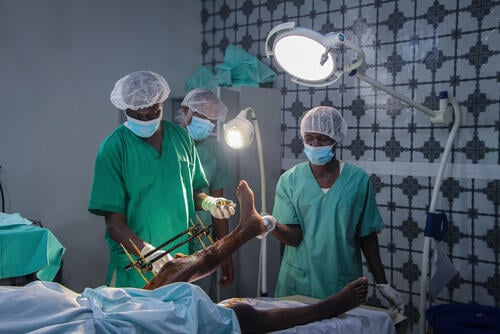
Democratic Republic of Congo
In DRC, MSF runs some of its largest medical relief operations, working in 17 of 26 provinces, responding to diseases outbreaks, conflict and displacement, and tackling health problems such as HIV/AIDs.
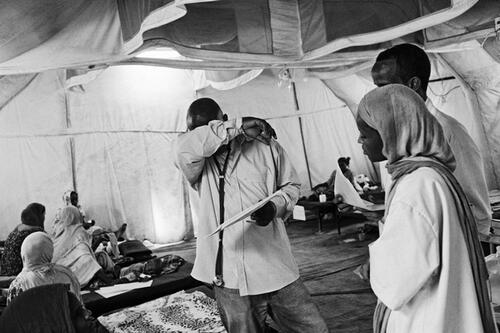
Djibouti
MSF began work in Djibouti in 1978 and closed our projects in 2012. We currently maintain an operational support base for our Yemen projects in Djibouti city.

Eritrea
MSF opened its first mission in Eritrea in April 2000, in response to the growing risk of hunger and renewed conflict between Eritrea and its southern neighbor and former ally, Ethiopia.
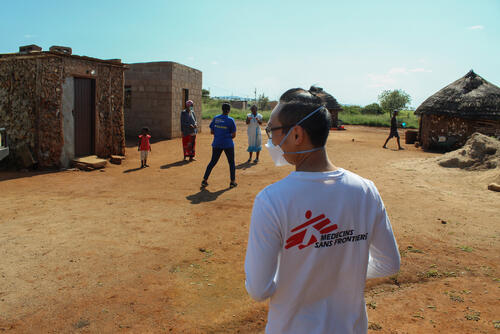
Eswatini
MSF is working with communities to provide comprehensive sexual and reproductive healthcare.
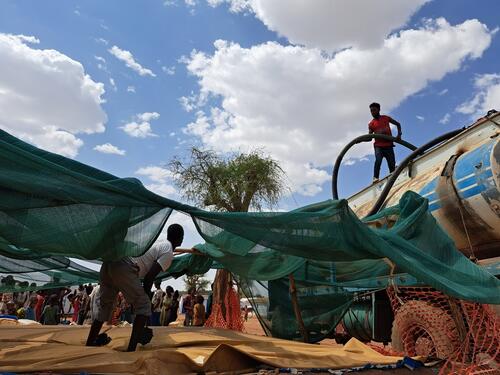
Ethiopia
In Ethiopia, we fill gaps in healthcare and respond to emergencies such as cholera and measles outbreaks.
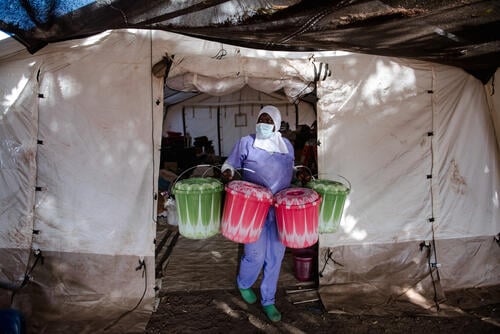
Guinea
In Guinea, MSF teams provide support to people living with HIV and the health needs of children at a community level.
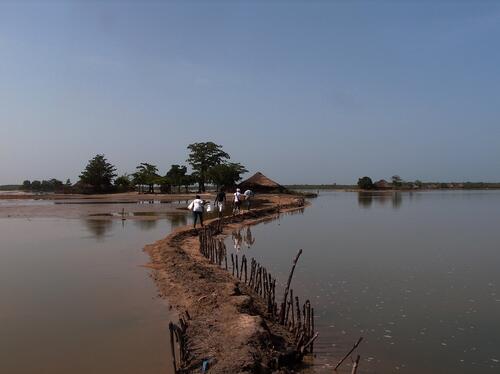
Guinea-Bissau
We left Guinea-Bissau in June 2020.
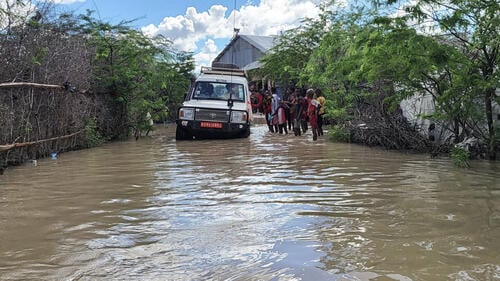
Kenya
We offer care to refugees, survivors of sexual violence and people who use drugs in Kenya, and respond to public health challenges, including HIV.
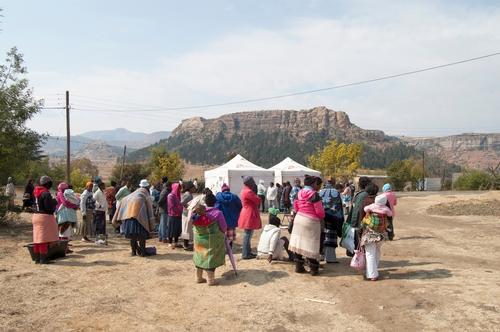
Lesotho
MSF briefly returned to Lesotho in 2021 to respond to COVID-19.
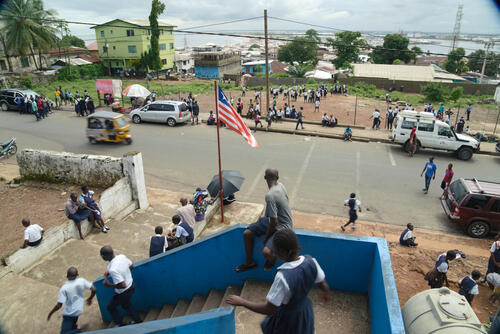
Liberia
Although health services are being progressively restored in Liberia, important gaps persist, notably in specialised paediatric care and mental health.

Madagascar
Read about MSF medical and humanitarian activities in Madagascar.

Malawi
Learn about our medical projects in Malawi, where an estimated 980,000 people are living with HIV. We are supporting efforts to combat the virus, while also responding to emergencies such as the devastating floods that hit the country in March 2019.

Mali
As violence spirals in Mali, millions are in need of humanitarian assistance.
